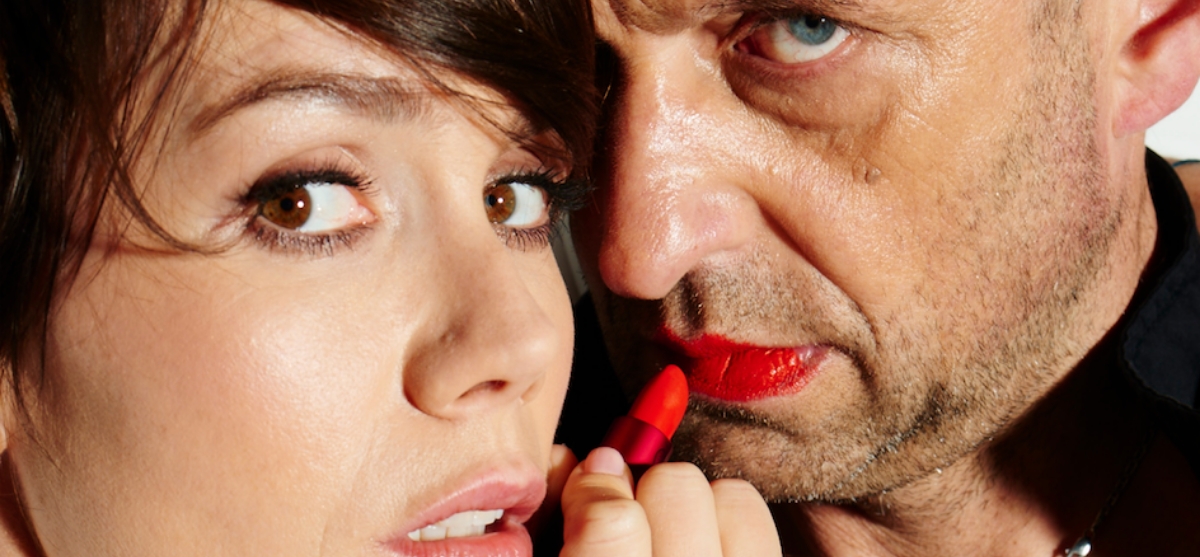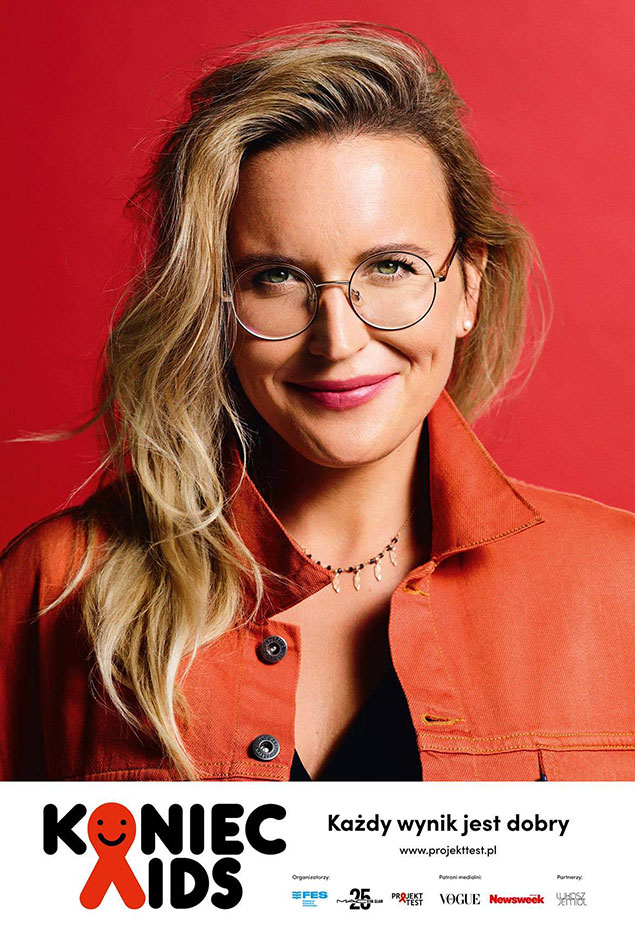If you have ever had unprotected sexual contact with someone who doesn’t know their serological status (i.e. never had an HIV test) – you should get tested!
IT’S QUICK
You’ll get the result the same day – they’re available 30 minutes after you’re tested.
IT’S FREE OF CHARGE
No payment, no doctor’s referral, no insurance needed. The test is free – there’s no catch.
IT’S ANONYMOUS
You don’t need to give us any personal information. All results are specially encrypted and all of our employees are bound with professional confidentiality agreements.
If you have ever had unprotected sexual contact with someone who doesn’t know their serological status (i.e. never had an HIV test) – you should get tested!
Here you can also get quick tests for HCV and syphilis.

Photo from the #Pozytywni campaign
In Poland, such a study was performed by less than 10% of adults, in this respect we occupy the last, "disgraceful" place in the European Union. What's worse, it is estimated that every second infected person does not know about his infection. Project Test is a social campaign that decided to change the way of thinking about HIV in Poland. Together with our ambassadors, we disenchant HIV! Thanks to extensive activities in the public space and social media, he explains that you no longer have to be afraid of a positive HIV test result. Today, thanks to the progress of medicine, it is a chronic disease that can be treated.
Our campaign shows that HIV can affect each of us, regardless of gender, age, orientation or lifestyle, so everyone should be tested. Well-known Poles have been involved in our project for years, who, together with experts, convince that it is worth taking an HIV test.

Agata Stola
Author of ProjectTest, photo from the "End of AIDS" campaign
We will contact you, we will answer every question.